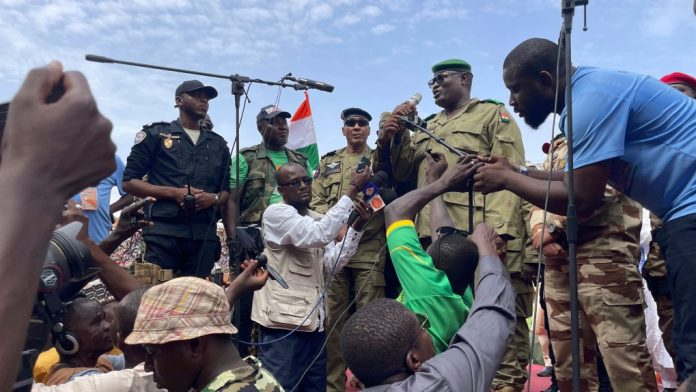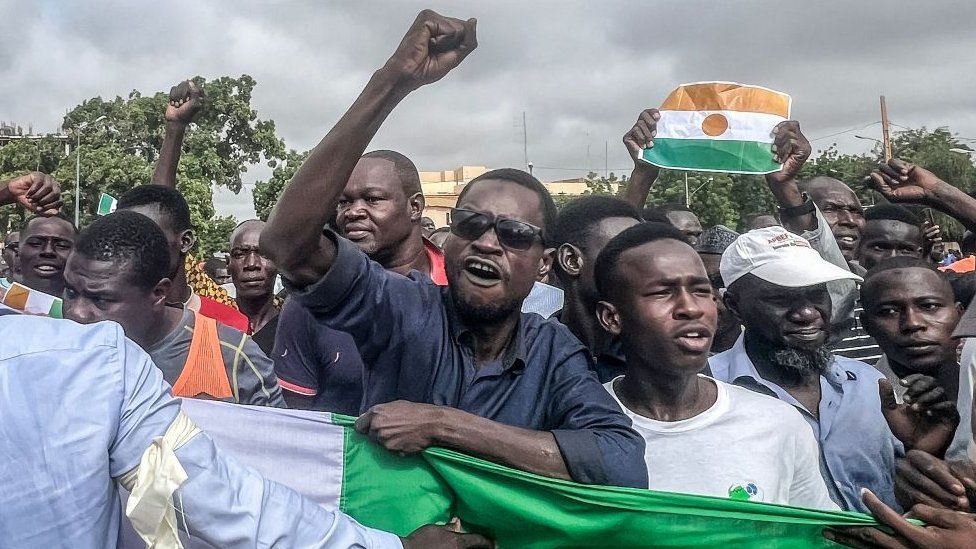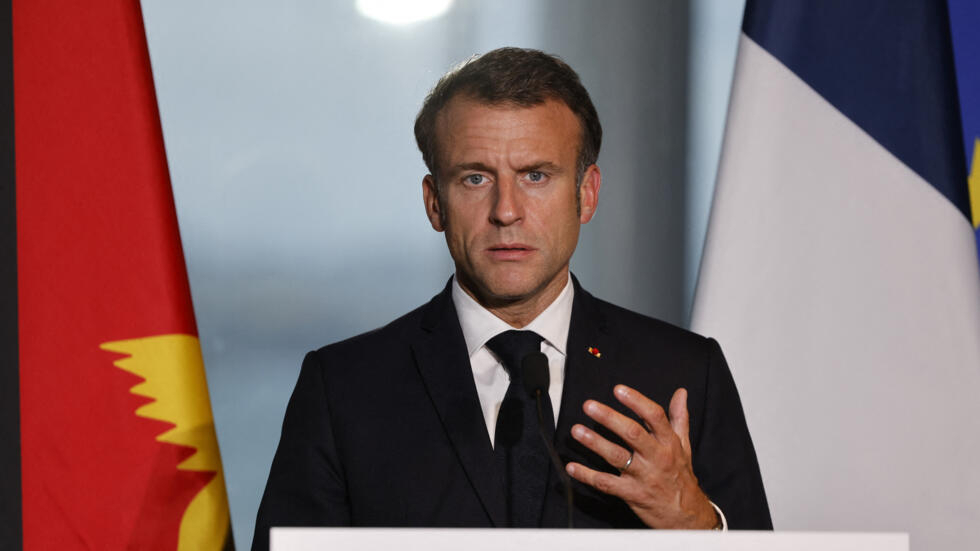The Niger coup could potentially disrupt the collaborative security efforts that Western powers have been engaged in with Niger and its neighbors. The instability might hamper the ability to effectively address security challenges, further complicating efforts to counter extremism.
Introduction
The recent coup in Niger has sent shockwaves through the African continent and beyond, raising concerns about stability, democracy, and the implications for Western interests in the region. The coup, led by the military, poses a significant challenge to Niger’s democratic progress and has the potential to impact the delicate balance of power in a region crucial for Western strategic interests. This article delves into the Niger coup and the potential ramifications it holds for Western engagement in Africa.
The Niger Coup: Unraveling Democracy
Niger, once celebrated for its democratic transition, now faces a setback due to the military’s seizure of power. The coup toppled the elected government and suspended the constitution, creating a void in democratic governance. This not only disrupts the progress Niger has made over the years but also undermines the rule of law and the principles of accountable leadership.
The Erosion of Stability
Niger’s stability has broader implications for regional security, especially given its location in the Sahel region—a zone grappling with terrorism, extremism, and transnational crime. The coup threatens to exacerbate existing challenges, possibly providing extremist groups with opportunities to exploit the power vacuum and establish footholds. The erosion of stability not only impacts Niger but also reverberates across neighboring countries.
Read More: Burkina Faso junta shuts radio station over criticisms of Niger coupists
Western Interests and Security Concerns
Western nations, including the United States and European powers, have strategic interests in Africa, particularly related to counterterrorism efforts and resource access. The coup in Niger could potentially disrupt the collaborative security efforts that Western powers have been engaged in with Niger and its neighbors. The instability might hamper the ability to effectively address security challenges, further complicating efforts to counter extremism.
Humanitarian and Developmental Impact
Western countries have also been involved in humanitarian and developmental projects in Niger and the broader Sahel region. The coup jeopardizes these initiatives, as political uncertainty can hinder the effective implementation of aid and development programs. This threatens the well-being of vulnerable populations and potentially contributes to further instability.
A Shift in Alliances
The coup might also prompt shifts in alliances and partnerships in the region. Western nations could reevaluate their engagement with Niger, weighing their interests against concerns about democratic governance and human rights. This could open doors for other international actors, potentially altering the dynamics of influence in the region.
Read More: Niger Coup: ECOWAS vows to hold Russia responsible for Wagner’s actions
The Way Forward
In the aftermath of the coup, Western nations face a delicate balancing act. They must prioritize democratic values while also navigating their strategic interests in a volatile region. Engaging with the military leadership to promote a swift return to civilian rule and respect for democratic norms becomes imperative. The international community must encourage dialogue, national reconciliation, and inclusive governance to prevent further instability.
Conclusion
The Niger coup raises serious questions about the trajectory of democratic governance and stability in the Sahel region. The potential consequences for Western interests in Africa underscore the delicate nature of balancing strategic priorities with democratic values. As the international community grapples with these challenges, it is essential to find solutions that uphold democratic ideals, strengthen regional stability, and advance the welfare of the people of Niger and the wider region.















